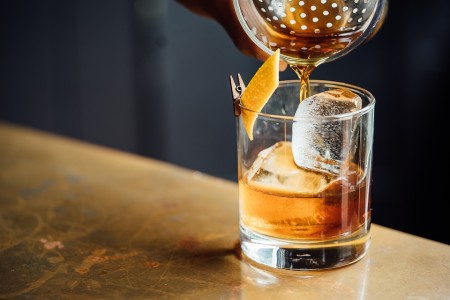Scottish whisky industry receives ‘hammer blow’ amid 10.1% duty rise

The whisky industry has expressed deep concerns over the 10.1% rise in alcohol duty which came into effect on 1 August, warning of potentially severe consequences for Scottish businesses.
The increase, which was scheduled for February but postponed by the chancellor due to the cost of living crisis, represents the largest hike in 40 years for whisky, and has been described by the Scotch Whisky Association (SWA) as a “hammer blow”.
This reform in alcohol duties also brings changes to taxation on most wines and spirits, with an increase, while taxes have decreased on lower-alcohol drinks and most sparkling wine. The Treasury has justified these reforms as “common-sense” principles, with taxes levied according to the strength of the drink. Draught pints will see no change in tax, as part of a measure to support pubs.
The SWA has highlighted the financial implications of this rise, pointing out that the tax burden on an average priced bottle of Scotch whisky has soared to 75%. This will translate to an additional £1.05 for a standard 70cl bottle. Concerns extend beyond price implications to growth, investment, and job creation within Scotland’s whisky industry.
SWA director of strategy Graeme Littlejohn said: “The 10.1% duty increase is a hammer blow for distillers and consumers. At a time when inflation has only just started to creep downwards, this tax increase will continue to fuel inflation and make it more difficult for the Scotch Whisky industry to invest in growth and job creation in Scotland and across the UK supply chain.
“HM Treasury had a choice to make. Rather than choosing to back an industry which the UK government promised to support through the tax system, the government has chosen to impose the largest duty increase in almost half a century, increasing the cost of every bottle of Scotch whisky sold in the UK by almost a pound and taking the tax burden on the average priced bottle to 75%.”
Mr Littlejohn continued: “In a further blow, distillers will now face a further competitive disadvantage in pubs, restaurants and bars by being unfairly excluded from tax breaks available to beer and cider. Pubs and other on-trade businesses are about far more than beer and cider.
“Today’s consumers are looking for high quality products when they socialise, often choosing to pay for an expertly crafted drink but fewer of them when they are socialising. Scotch whisky and spirits are at the heart of this trend towards premiumisation, which supports our ambition around moderation while also supporting public finances.
“The industry is resigned to the tax increase but determined to continue the campaign for fairer treatment. We urge the Chancellor to ensure that there are no further tax rises on Scotch whisky for the remainder of this Parliament and work with the industry to repair some of the damage inflicted on Scotland’s national drink.”










